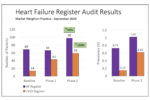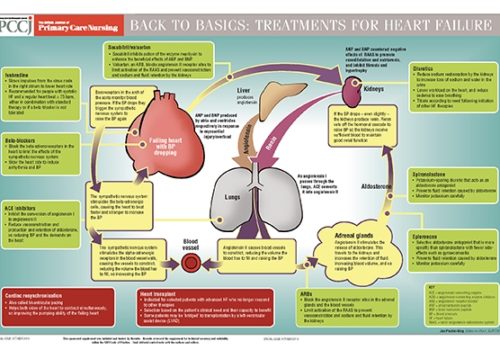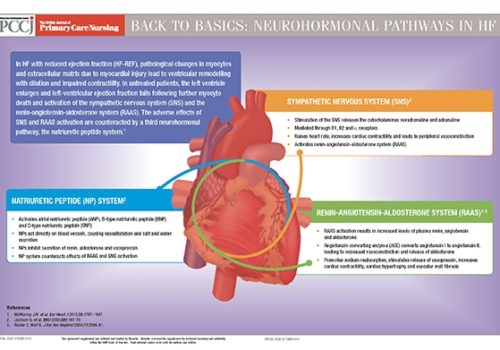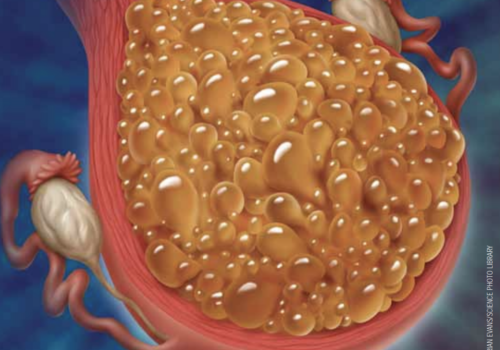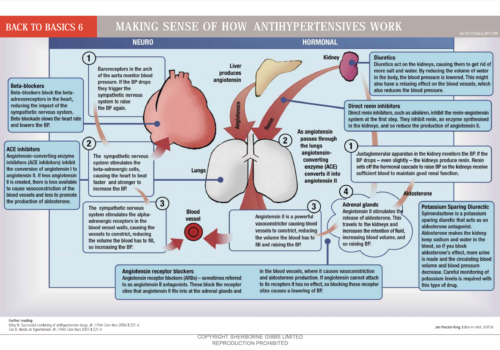The UK faces an epidemic of heart failure (HF). NICE guidelines emphasise the importance of multidisciplinary assessment and care by HF specialists, evidence-based prescribing, and careful discharge planning after hospitalisation. This article highlights areas where improvements can be made in the management of HF including taking lessons from the latest National Heart Failure Audit.



